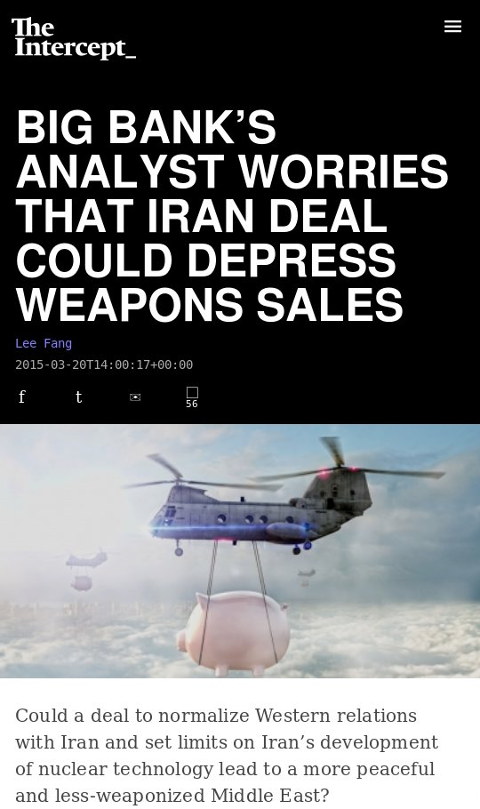

PATENT systems like the USPTO and EPO make a lot of sense when granted patents are assigned/merited based on innovation and incentive to create. Several domains demonstrated need for patents and we are not disputing patents in general. Software patents, on the other hand, are neither desirable nor needed, as software developers worldwide can attest to (their work is copyrighted at zero cost and without hassle, protecting against plagiarism).
"Patent trolling is, in some sense, protectionism warped into racketeering and this does nothing but create uncertainty, which in turn depresses investment and reduces innovation."Tackling the issue of software patents, recall the Enfish case and see some of the latest articles about it [1, 2]. The latter asks, "Are 'Improvements' Key to Subject Matter Eligibility for Software Patents?" The notion of "improvement" is so vague that this question is rather meaningless. Improvement over what and in what terms? Performance? Accuracy?
Now consider also the Rapid Litigation case, which we wrote about the other day. This new article about it reminds us that the Court of Appeals for the Federal Circuit (CAFC) is a big barrier to progress. It's CAFC that brought software patents to the United States in the first place. Several new articles about the Bascom case at CAFC [1, 2] (by Andrew H. DeVoogd and Matthew A. Karambelas from Mintz, Levin, Cohn, Ferris, Glovsky and Popeo, P.C.), as well as related CAFC articles about Cuozzo case in lawyers' sites, show much of the same pattern. Patent lawyers pretty much ignore all the cases where software patents get invalidated and only emphasise the exceptions. One site even produced an article titled "Federal Circuit's Recent Primer on Patent-Eligibility" in which tips are given for tricking CAFC into acceptance of software patents in spite of Alice, just like in this new case. It was rather clear that SCOTUS does not tolerate software patents, but spin sites like IAM would have us believe that "the pendulum is swinging back". They rely on CAFC in order to discredit SCOTUS, for instance: "Here’s how’s former CAFC Chief Judge Paul Michel describes the Supreme Court’s recent impact on patent law: “Since eBay [it] has been taking authority away from the Federal Circuit. By rejecting every major decision of the CAFC – except Cuozzo and i4i – the Supreme Court has sharply rebuked the Federal Circuit and upended tests that the CAFC had instituted.” That has led, Michel insists, to a strengthening of SCOTUS’s power at the expense of the CAFC and of Congress."
"The matter of fact is, calls to abolish CAFC have only grown in recently years."What's wrong with the Supreme Court having more power than a corrupt court (with track record of misconduct) and a US Congress that's inherently corrupted because politicians there are funded by large corporations to do their bidding? "SCOTUS weighs in on Halo/Stryker," says IAM, and "The CAFC rules in Enfish v Microsoft" (a case whose outcome was virtually overturned in another case only days later), perhaps hoping to distract the readers and give the impression that CAFC will 'save' patent lawyers from Alice. The matter of fact is, calls to abolish CAFC have only grown in recently years.
Not only patent law firms but also publishers associated with patent law firms peddle the same nonsense. Now that Huawei is making enemies in the West with its bad policies and its patent aggression IAM uses the "swing" buzzword in the headline again (not the swing that in the US is a patent, a method of swinging a swing) to give false hope of litigation rebound now that it's down considerably. In the words of IAM:
Huawei has accelerated its patent assertion campaign on two fronts over the past week, launching a new complaint against T-Mobile in the United States and a further suit against Samsung in China.